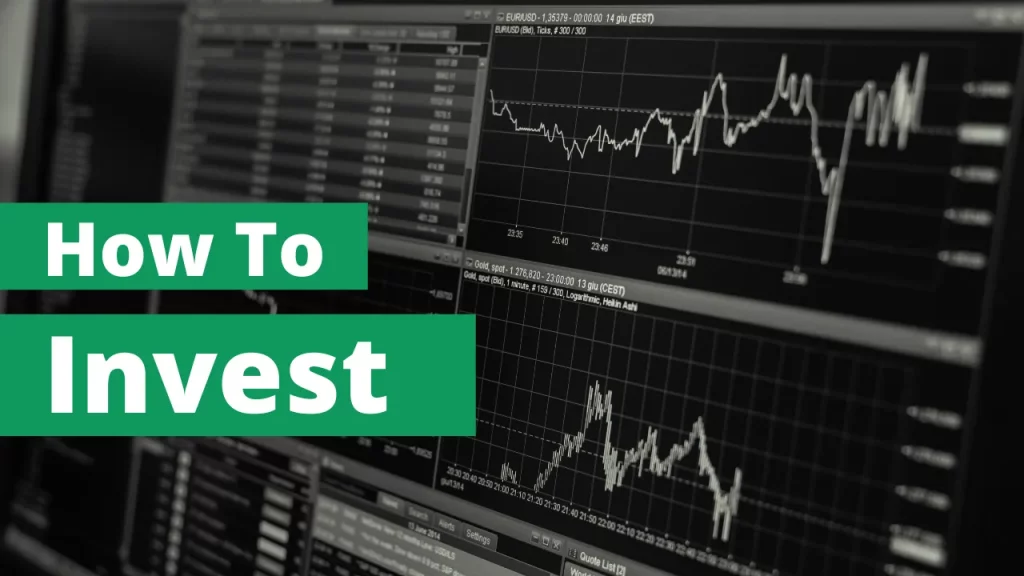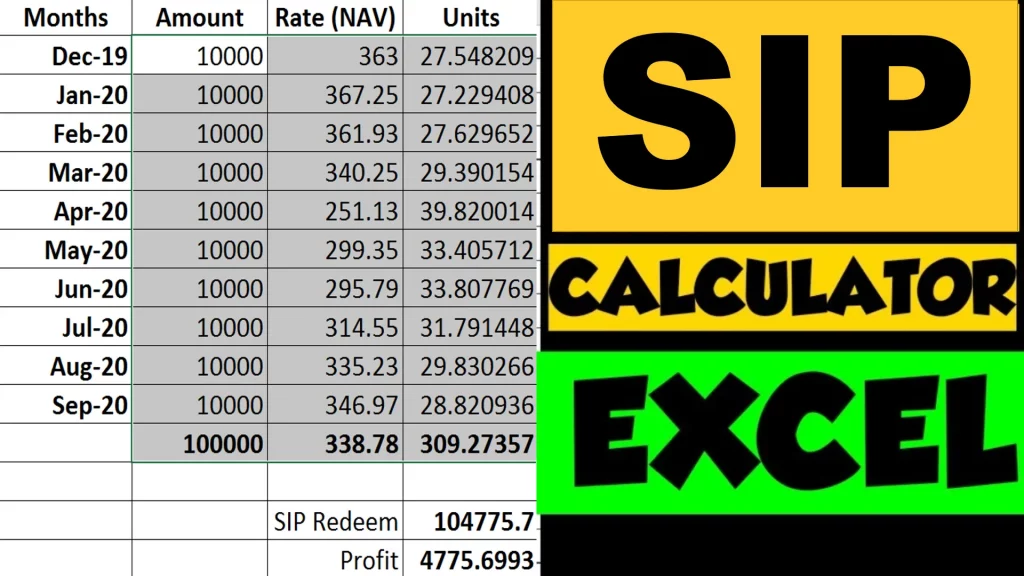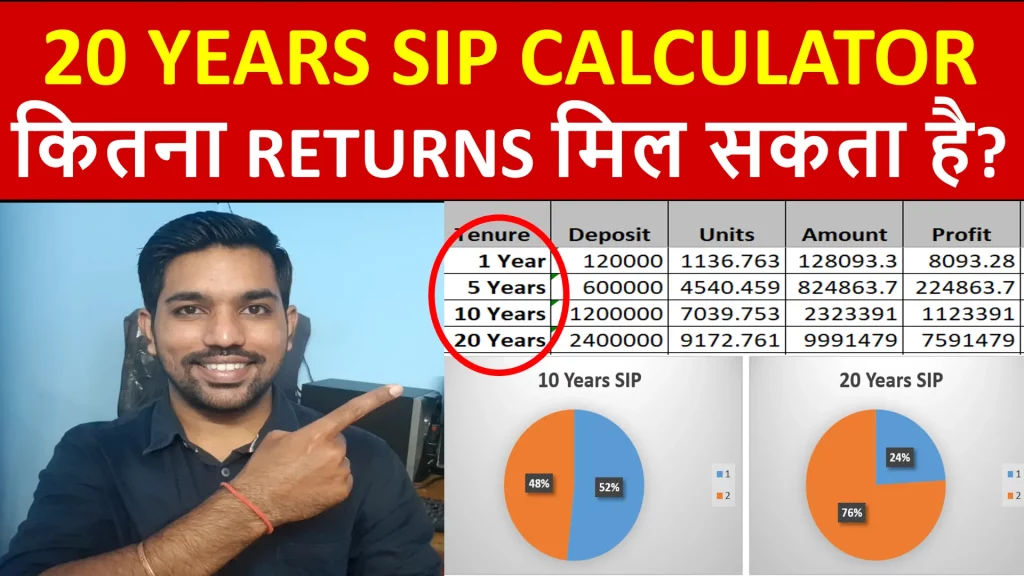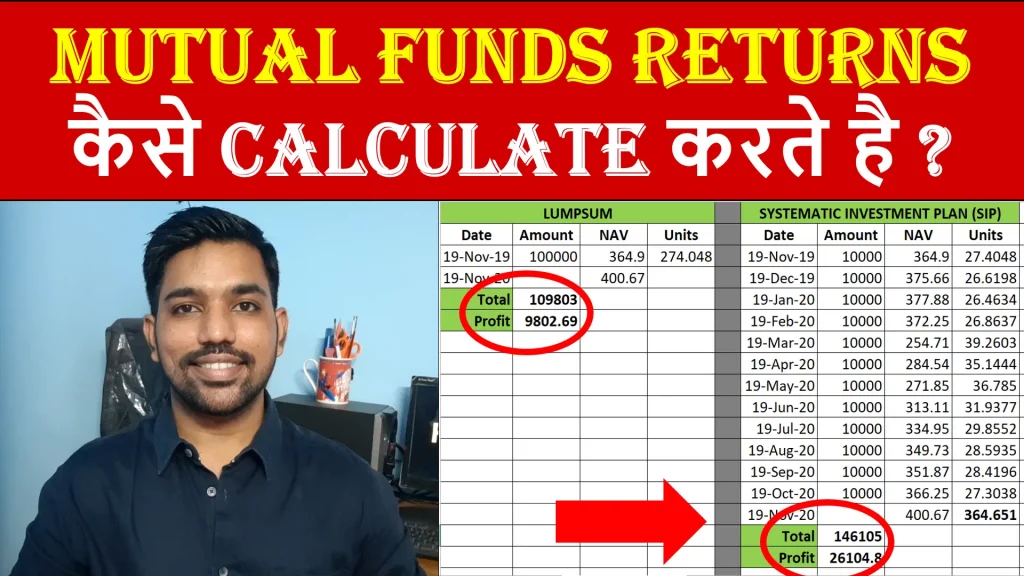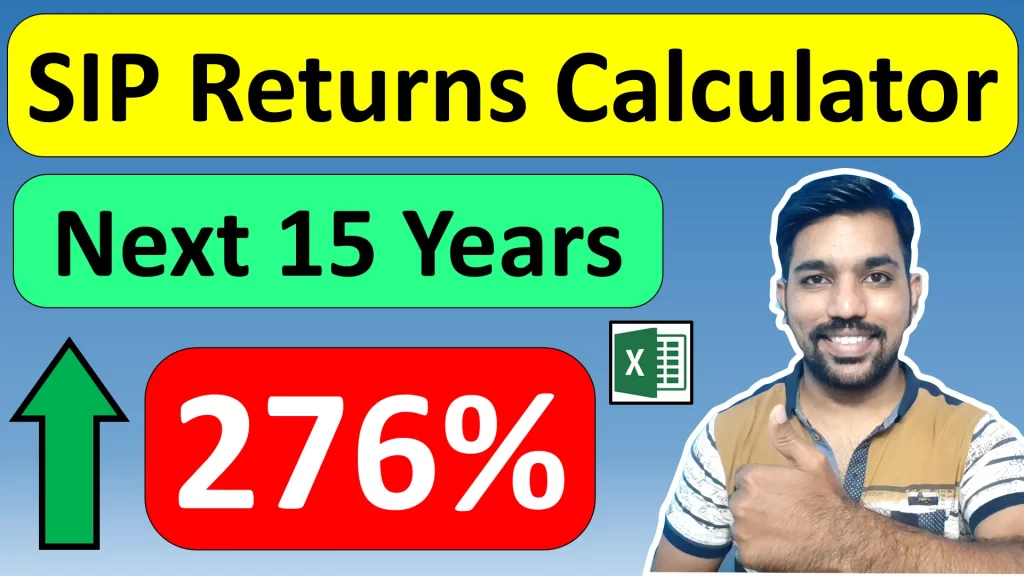Did you know that the New York Stock Exchange (NYSE) can trace its history back to the late 1700s? What you see today actually began with a handful of merchants signing the Buttonwood Agreement in 1792.
While it definitely was not the first institution to introduce the concept of stock and share trading, there’s no denying the influence NYSE has had worldwide.
And now, India is seeing rapid growth in its investment community. Yet, with new entities entering the market, it can be intimidating for a beginner to know where to start.
So, this article will walk you through everything you need to know about buying shares and stocks in India. We will explain everything as simply as possible, from requirements to opening the specific kind of accounts you need.
Let’s dive right in!
What are shares and stocks?
While both are used interchangeably now, ‘stocks’ and ‘shares’ have a subtle difference between them. And before elaborating on how to buy shares, you must understand this distinction.
In equity markets, stocks represent an individual’s fractional ownership in one or more publicly traded companies. On the other hand, shares are units of stocks. Here’s an example to understand this better:
Person X has 100 shares of stock in Company A. Now, after issuing that amount, the organization has 900 shares left. That would make X hold 10% of the corporation.
In short, requesting a broker to buy 100 stocks is essentially asking them to purchase ownership in 100 companies and not 100 shares in one particular establishment.
As such, there are several types of stocks available. And each one presents a different trading opportunity. For the purpose of brevity, here are a few of them:
- Common & Preferred
- Blue chips
- Defensive
- Cyclical & non-cyclical
Common stock, alternatively called an ordinary share, entitles you to the generated profits and gives you voting rights in the issuing company. The preferred variant does the same, except for the ‘rights’ bit. However, a preferred stockholder will always be paid first if assets are liquidated.
Now, blue chips are essentially issued by prominent corporations like Microsoft, McDonald’s, IBM, etc. When you purchase these, you merely guarantee a dependable earning for yourself.
Conversely, cyclical and non-cyclical stocks operate based on the company’s performance and current market state. The former does well when people have more discretionary income, while the latter is more resistant to recession.
Who can buy shares in India?
The stock market in India has changed significantly over the past few decades. These changes have also brought in queries like ‘how to invest in the share market’ or buy specific stocks.
While there is no minimum investment threshold, there are certain restrictions on who can engage with the market and the channels they can do it through.
Currently, two primary exchanges facilitate trading across all platforms, digital or otherwise. They are:
- The Bombay Stock Exchange (BSE)
- The National Stock Exchange (NSE)
Now, if you are an Indian citizen, you can contact a registered broker and pick either of the two without concerning yourself with anything else.
However, there are specific conditions for foreign nationals. For instance, the Reserve Bank of India (RBI) introduced the Portfolio Investment Scheme (PIS). The scheme enables entities such as Foreign Institutional Investors (FII), Qualified Foreign Investors (QFI), Non-Resident Indians (NRIs), and Persons of Indian Origin (PIO) to invest in the Indian market.
Are there any requirements to buy shares in India?
There are two primary requirements to start buying shares in India. First, an individual must make all investments through a Securities and Exchange Board of India (SEBI) registered broker or exchange. In short, an individual cannot directly trade in the market.
Note that, under the SEBI Act 1992, any individual providing advisory investment services may be liable for legal action. And if you engage with such entities or institutions, you make yourself vulnerable to some extent as well.
Once you have confirmed their SEBI accreditation, examine which of the two previously mentioned exchanges your broker is registered with. In most cases, it will be both.
The second requirement involves filling out a Know Your Client (KYC) form. This is an agreement between you and your broker where you supply the necessary information for them to validate it. As such, you’ll need to attach the following to a KYC application:
- A copy of your issued PAN card
- Proof of Identity (Aadhaar card, Driver’s License, Voter ID, etc.)
- Proof of Address (Passport, Invoices to the registered address from authorized bodies, etc.)
- In addition, you must keep a few specific things in mind, including:
- All investment types registered in an exchange platform have a common KYC application
- It is necessary to attach the same set of documents across forms for any other investment that you opt for
- There are separate variants for individual (retail) and non-individual (institutional) investors
- Any blank fields or pages in the form must be struck off
It’s also essential to note that you should never sign a KYC application and leave the details for later. Doing so leaves you vulnerable to fraud.
How do you open a share trading account?
As mentioned earlier, you cannot directly trade in the stock market. This applies on two fronts:
- First, all transactions must be handled by a registered broker
- Second, you cannot make or receive payments through a conventional bank account.
What you need instead is a trading account. In some cases, they may also be called dematerialization accounts (Demat). While the two were distinctive variants in the past, most Indian trading platforms have merged them and use the terms interchangeably.
Still, if you are worried about how to open trading account, you should know the process is simple enough. You only have to contact or sign up on the platform or brokerage of your preference.
Then, a representative will request you to fill out the KYC form and a separate application for the account. Note that the required documentation is the same as previously mentioned for both cases.
Once that’s done, they will verify your eligibility through either an in-person or telephone confirmation. In this stage, you’ll need to offer your personal details to the representative, following which you’ll be issued a Client Code and your account details.
Henceforth, any trade made on your behalf must be through this code.
While all of this is related to the formalities of opening an account, it also helps if you compare the brokerage commission rates across different trading platforms. That can help you decide on the fees you are comfortable with for each transaction.
How can you buy shares in India?
If you have been considering stepping into the investment market, shares will be one of your most reliable options. Yet, choosing a trading platform can be challenging.
Therefore, Choice FinX offers simplified market access to all beginner and seasoned investors. In addition to that, the platform provides a range of other benefits, including but not limited to:
- A nominal Depository Participant (DP) charge of 10 INR, regardless of the number of shares you sell
- Free Demat account opening upon registration
- No account maintenance charges (AMC) for the first year
So, to start buying shares in India, register on the app and log in through your preferred mobile device.
Once that’s done, go to the search navigation tab and type in the name of the script (stock certificate) you wish to purchase.

Depending on what you type, the app will direct you to the market page for the stock. For instance, if you search for ‘Vodafone Idea,’ the app will display all the related market information for the share. From there, scroll down and select either an Intraday or a Delivery Order.

The app will direct you to the transaction tab when that’s done. Here, you merely have to put in the amount you are comfortable with and then swipe right at the bottom to confirm your trade.

Following this, you’ll receive a notification regarding the order. If you want to review the transaction’s status, go to the ‘Orders’ section to cross-check everything. However, if it’s a limit order, it will be displayed as ‘pending’.

That’s all there is to it! With these five simple steps, you can execute any trading order across the platform’s listed companies. In short, simplified access across the board.
Build your financial future with Choice FinX
Currently, the Indian stock market offers investors several options when it comes to trading opportunities. However, the mere availability of something doesn’t always translate to profitable margins.
As such, the Indian trading experience has been challenging to navigate for far too long. That is why, at Choice FinX, we believe in providing comprehensive support to investors and traders by driving the portal’s development based on what our users want.
After all, share trading is a very personal experience. Everybody wants something specific. Well, Choice FinX caters to precisely that.
Use Popular Calculators:
- Income Tax Calculator
- Home Loan EMI Calculator
- SIP Calculator
- PPF Calculator
- HRA Calculator
- Step up SIP Calculator
- Savings Account Interest Calculator
- Lump sum Calculator
- FD Calculator
- RD Calculator
- Car Loan EMI Calculator
- Bike Loan EMI Calculator
- Sukanya Samriddhi Calculator
- Provident Fund Calculator
- Senior Citizen Savings Calculator
- NSC Calculator
- Monthly Income Scheme Calculator
- Mahila Samman Savings Calculator
- Systematic Withdrawal Calculator
- CAGR Calculator
I’d love to hear from you if you have any queries about Personal Finance and Money Management.
JOIN Telegram Group and stay updated with latest Personal Finance News and Topics.
Download our Free Android App – FinCalC to Calculate Income Tax and Interest on various small Saving Schemes in India including PPF, NSC, SIP and lot more.
Follow the Blog and Subscribe to YouTube Channel to stay updated about Personal Finance and Money Management topics.

